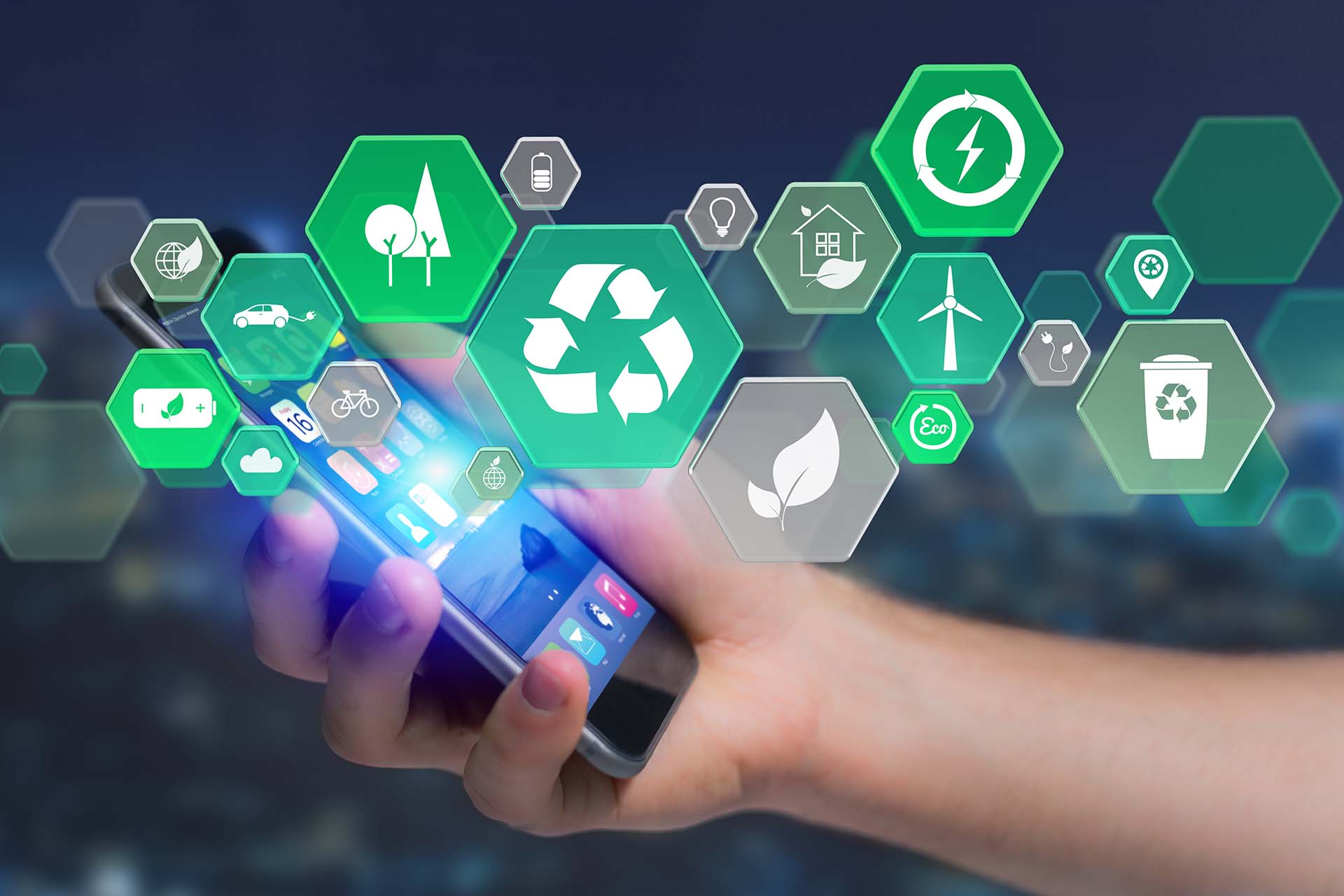
The circular economy sector is undergoing a major transformation: requirements are increasing from the authorities, as well as the parties bringing the waste, while technological solutions are evolving and offering new ways to provide recycling services. New solutions must take into account consumer needs, and offer flexibility in the way they can use your services.
Waste management has made huge progress in recent decades, both in the development of technical solutions and in the diversification of services. Recent issues in the sector include practices related to the digitalization of movement documents.
Now that operators subject to an environmental permit can sigh in relief as the annual YLVA reporting is done, it is a good time to reflect on the wider developments in the sector, and look to the future.
From personalized service to self-service waste collection stations and mobile solutions
The debate on recycling often highlights the role of municipal and large private recyclers. In recent years, large private companies have invested heavily in creating a green image, and also in the flow of and access to information. The municipal sector, where consumers mainly do their business, is increasingly focusing resources on educating customers and promoting self-service.
In addition to environmental considerations, the service models of the new age are characterized, above all, by ease of use. However, there is one major challenge in self-recycling: the ability of consumers to independently use the facility varies widely. Elderly people often prefer personal service and advice, while younger people prefer to be as independent as possible, with the help of instructions. They are also happy to pay waste fees without queuing, for example, with a mobile device. The wide age range and varying skill levels require comprehensive ways of doing business.
So what is the solution that accommodates a diverse customer base? Building different service pathways. Self-service waste collection stations are certainly the future, but the service channels need to be flexible to meet the needs of different consumer groups and needs.
Flexibility as a guiding star
In a flexible service model, customers who need guided service are directed to manned recycling facilities, where they are met by staff offering advice – naturally, taking into account the resources. Self-service recyclers, on the other hand, are directed to self-service channels. At Pinja, we have divided the service into mobile advance service and on-site self-service.
Mobile and automated solutions result in fully self-directed, unmanned waste recycling stations. Ideally, the customer is able to declare and pay for the waste they bring in at home before they arrive at the facility. At a self-service waste collection station, the customer can go directly to the facility to unload their waste without having to wait.
If a recycler arrives at the facility without prior registration, but wishes to take advantage of self-service, they can use self-service machines to bring in and pay for their waste. If they wish, they can also pull the customer service agent’s sleeve or use the customer service instant messaging service on the machine through a dedicated channel. So the service has not disappeared; it has changed.
Self-service waste stations improve access to service
One of the major benefits of a self-service waste collection station is better access to the service. Self-service machines also allow extended opening hours for small recycling stations, thus improving regional service. This also allows circular economy operators to focus their human resources on productive work and customer service, where it is really needed. At the same time, they make the most of the existing facility infrastructure by extending opening hours through self-service.
There are solutions on the market for different needs, and service providers may supply individual solutions such as scales or self-service machines. However, the use of multiple suppliers and software can make overall management harder. The best solution is a holistic material management and tracking system that provides functionality for a wide range of waste management and recycling stages.
It is also worth keeping the communication channels together in one place, because fragmented service models inevitably lead to more fragmented information. A service system tailored to the needs of waste management is an important part of centralizing information, and it meets a variety of customer needs, both for personalized service and for self-service.
When a centralized system for the reception of waste is used, all information ends up in the same place, regardless of which channel is used for bringing the waste. Reporting is much easier when the necessary solutions for data collection, stock management and payment are provided by the same operator. At the same time, customer satisfaction increases – without forgetting reliable compliance with regulatory requirements regarding the origin of waste.
Read more
Flow by Pinja – A system for improving the efficiency of material flows in circular economy business
Avoid the pitfalls of reporting in YLVA – pay attention to three things
4 ways to increase the efficiency of material flows in the circular economy

Petrus Taskinen
I work at Pinja as a Business Manager in the bioenergy and circular economy business. I am responsible for handling commercial matters and maintaining customer relationships. Free time is largely spent with the family. Exercise and especially various ball sports are close to the heart.
Back to the Pinja Blog
Categories
- Career at Pinja (68)
- Manufacturing (46)
- Knowledge Management (45)
- Production Development (44)
- Software Partnership & Tools (42)
- Sustainability (37)
- Wood and Forestry (37)
- Bioenergy and Recycling (29)
- IT Support and Outsourcing (24)
- Ecommerce (23)
- Maintenance (22)
- Artificial Intelligence and Machine Learning (15)
- Public Services (9)
- Compliance (1)